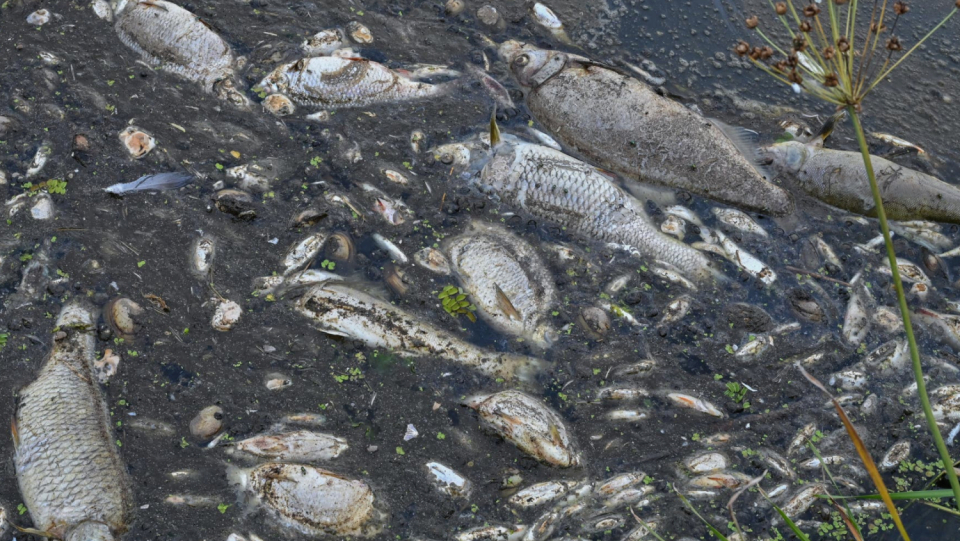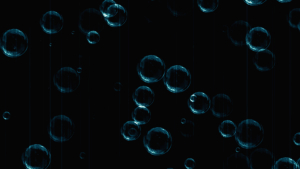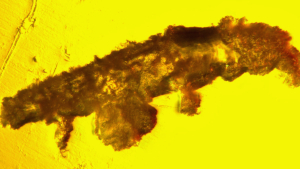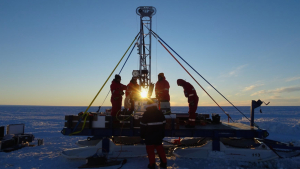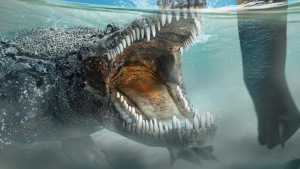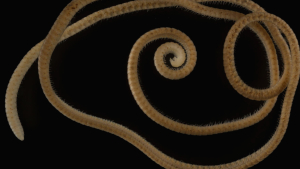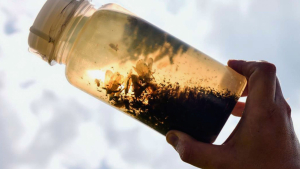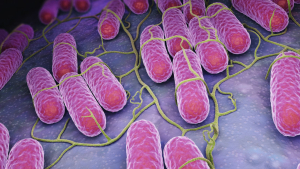German experts consider the massive spread of a toxic algae to be the most likely cause of the massive fish die-off in the Oder recorded in the summer of 2022. This is the result of a report published by the Federal Environment Ministry by a national group of experts led by the Federal Environment Agency. The researchers thus confirm the previously assumed assumptions about the causes of the environmental catastrophe.
The analysis comes to the conclusion that the initiated salt led to the mass increase in the brackish water algae Prymnesium Parvum. This in turn produced a toxic substance that led to the massive death of the fish and other organisms such as snails and mussels. According to the report, the researchers could not identify the pollutant of the salt. The exact source of salts, other elements and chemicals is unclear, it says.
Overall, the analyses pointed to "multicausal mechanisms of action" that would have led to the massive death of the animals. High temperatures and low rainfall had exacerbated the situation because the concentration of harmful substances had risen as a result. The experts also noted herbicides, which are "highly likely industrial discharges." However, the acute poisonings could not be derived from this, it was said.
The analysis of more than 1,200 known substances and elements revealed that the detected substances "typically came from discharges from industrial or municipal wastewater treatment plants". The report does not provide further details on this.
In order to prevent future disasters of this kind, the scientists recommend, among other things, to operate further research to spread the brackish water algae and to improve the cross-border warning and registration system. Existing permits for the introductions of substances in water should also be checked.
The massive fish kill was discovered on August 9 on the German side of the border river. According to government sources, Polish authorities already had the first indications of this at the end of July. Germany accused Poland of not reporting the events early. A german-Polish expert group set up in mid-August did not submit a joint report. Instead, there are now two separate analyses of the respective pages. Polish experts had presented their findings the day before, also identifying the spread of the algae as the most likely cause of fish kills.







